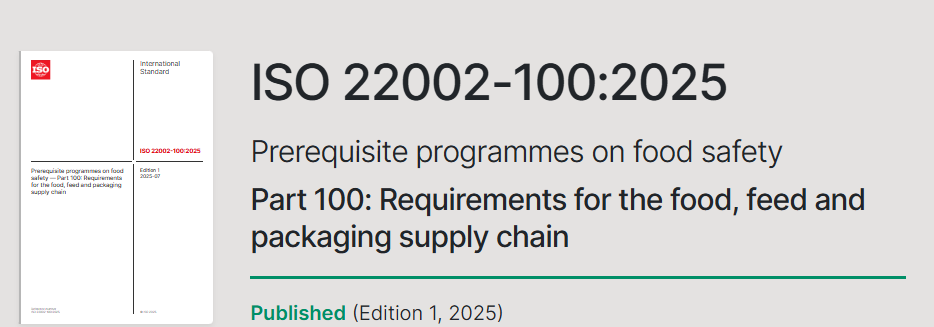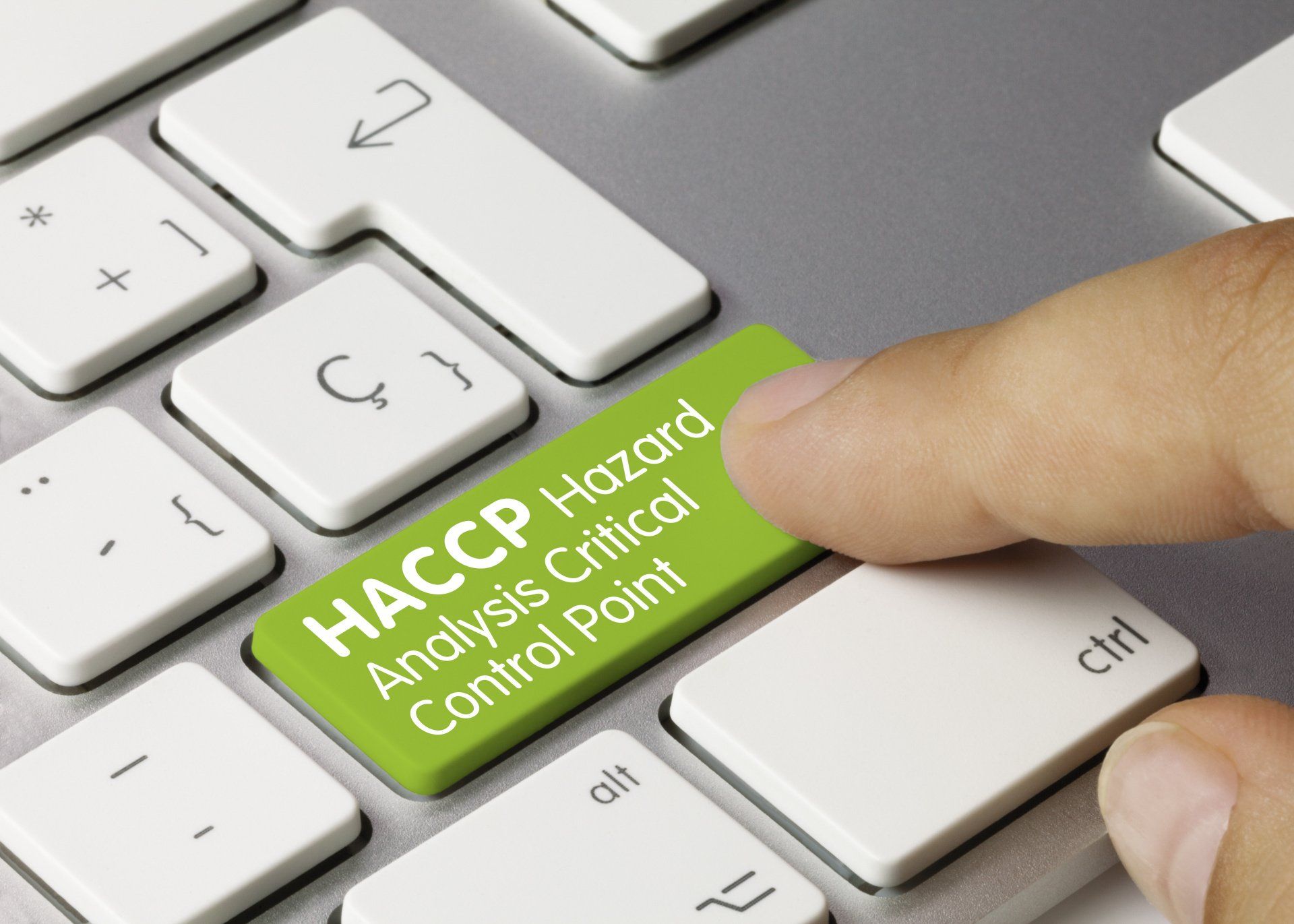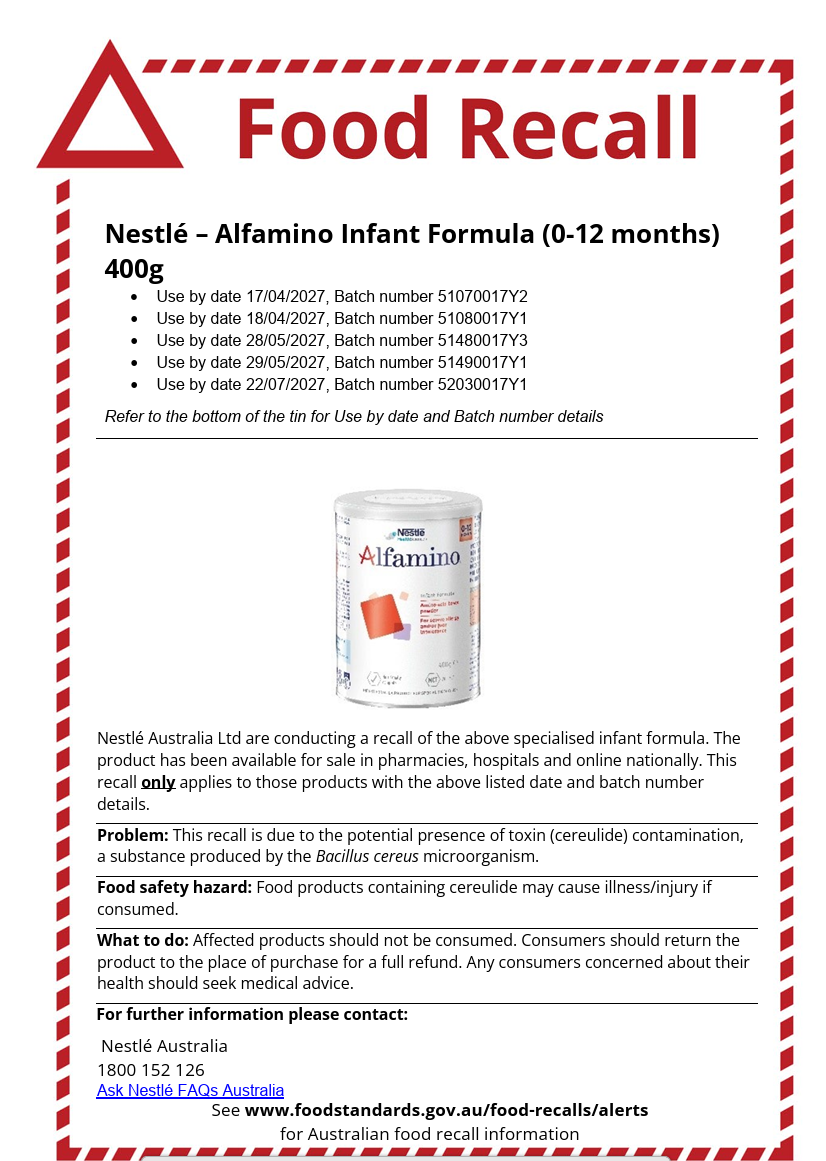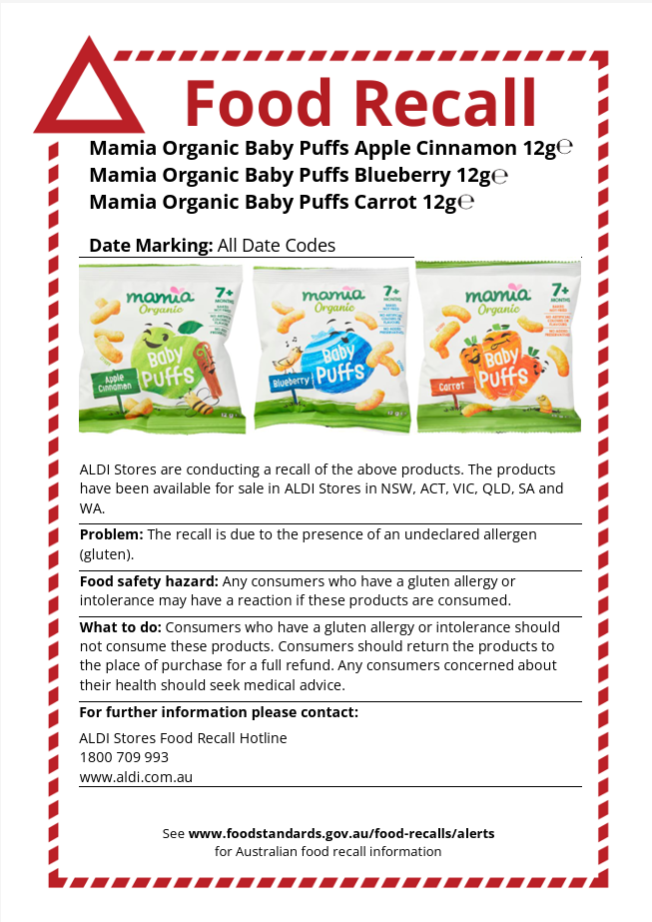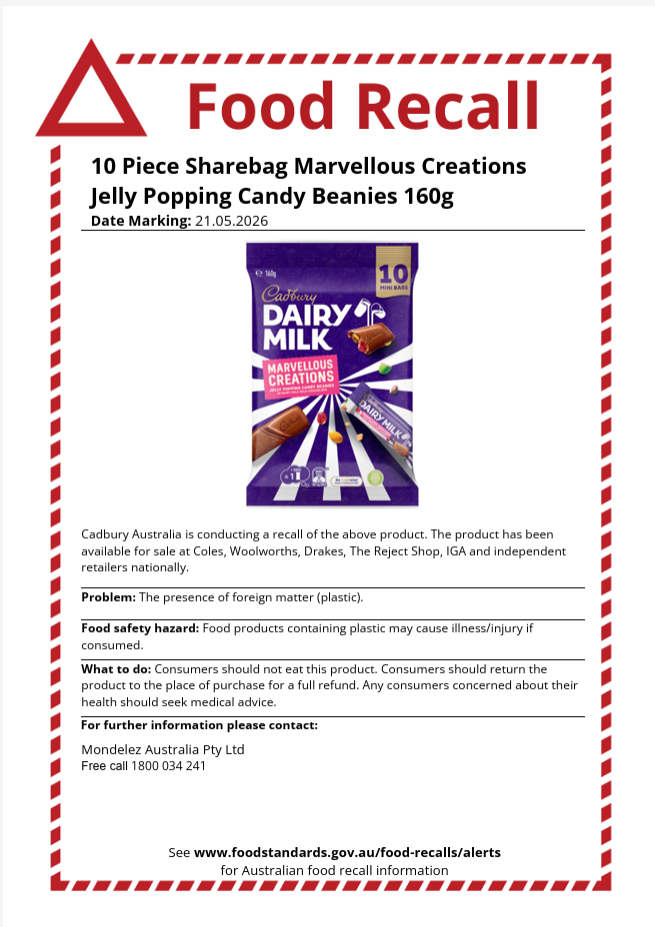Top Tips for Choosing a Food Safety Consultant
Top Tips for Choosing a Food Safety Consultant
Finding the right Food Safety Consultant is a major decision you’ll make for your business. Whether you’re aiming for HACCP, ISO 22000, SQF or other Food Safety certification, regulatory compliance, or a stronger food safety culture, you need a consultant who is experienced, collaborative, and results driven.
Based on years of working closely with clients, here are our top tips for selecting a Food Safety Consultant.
1. Look for a Consultant Who Collaborates with Your Team
Food safety systems only work when staff understand and own them. A good Food Safety Consultant will involve your people at every stage, ensuring long-term success rather than a quick fix.
2. Know What a Food Safety Consultant Should Deliver
Comprehensive services could include:
- Evaluation of your current state or gap analysis
- Tailored implementation plan
- HACCP documentation and procedures or templates to get you started with guidance
- Food Safety training and workshops
- Internal audits and inspections
- Audit preparation and support
- Certification Body recommendations
- Ongoing maintenance and knowledge transfer
Define the needs for your business and ensure the consultant can fill those gaps.
3. Check Experience
Choose consultants that have worked across diverse industries.
We get into different business everyday so we see what works well and what doesn’t so we can help you by-pass the trial and error.
4. Save Time with Smart Shortlisting
Rather than multiple meetings, send your project brief to a shortlist of consultants and hold phone consultations first. This makes it easier to identify those with the right expertise and the right fit for your business.
We offer video calls so you can meet us and determine if we will work well with your team.
Ask the Right Questions
- What is the Food Safety Consultants’ approach to implementing a food safety system?
- Do they adapt their methodology to your business?
- Can they show examples of relevant work?
- Are there references or testimonials from previous clients?
- Do they provide ongoing support and training?
Implementation is only the beginning. Make sure your food safety consultant supports staff training, knowledge transfer, and system maintenance to keep your program effective long after the project ends.
5. Formalise the Agreement
Ensure the food safety consultant provides a scope of work or contract covers project scope, deliverables, cost, timelines, and confidentiality. Clear agreements prevent misunderstandings later.
Why Choose Us as Your Food Safety Consultant?
At Pinnacle Management Systems, we’ve worked as Food Safety Consultants and auditors for decades across a wide range of industries. We design and implement tailored food safety systems that actually work for your business. We have a 100% success rate with our clients passing their audits the first time.
Our difference is that we:
- Bring auditing experience; we know exactly what food safety auditors look for.
- Customise every system; no generic, off-the-shelf food safety (HACCP) systems.
- Work collaboratively; engaging your team to ensure lasting success.
- Offer training and templates; practical tools to support implementation.
- Guaranteed results: our systems pass audits, every time.
With over 20 years of experience, we’ve partnered with businesses of all sizes to deliver food safety systems that are effective, practical, and audit ready.
Contact us today at nicole@pinnaclems.com.au or 0414358359 to discuss how our Food Safety Consultant services, training, and templates can help your business succeed.

